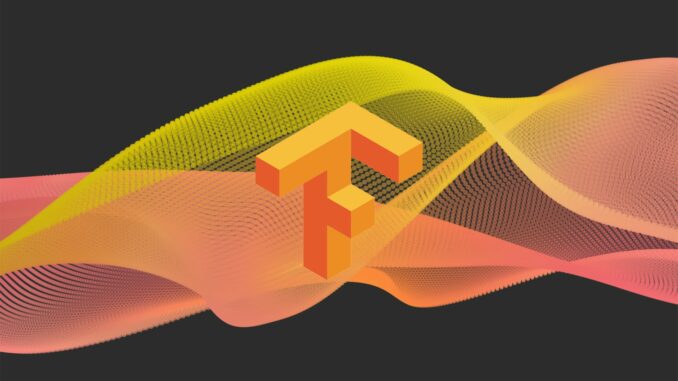
The Google TensorFlow team has released TensorFlow GNN 1.0 (TF-GNN), an update to its machine learning framework to better develop and scale graph neural networks (GNNs).
This new library can handle analysing complex networks, such as transportation and social networks. TF-GNN focuses on both the structure of graphs and the features of their nodes. This library bridges the gap between discrete graph data and continuous neural network models, for more detailed predictions and analyses.
TF-GNN introduces a suite of advanced features for the TensorFlow ecosystem. At the heart of these advancements is the tfgnn.GraphTensor object, which represents heterogeneous graphs characterised by diverse node and edge types. This integration allows for the efficient handling of graph data, enhancing the TensorFlow ecosystem’s ability to manage complex network structures.
The library provides a Python API, that can configure subgraph sampling for different computational environments, from individual workstations to distributed systems. This flexibility is crucial for handling datasets of varying sizes and complexities. Furthermore, TF-GNN introduces integrated gradients for model attribution, offering insights into the features most influential in predictions, thereby enhancing model training and evaluation.
By incorporating the structure and data of graphs, GNNs offer predictions on entire graphs, individual nodes, or potential edges. This improves the understanding of complex relationships and attributes, making TF-GNN a powerful tool for a wide range of applications.
TensorFlow GNN 1.0 is available as part of the TensorFlow ecosystem, with resources, documentation, and code samples accessible online for developers worldwide.

Be the first to comment